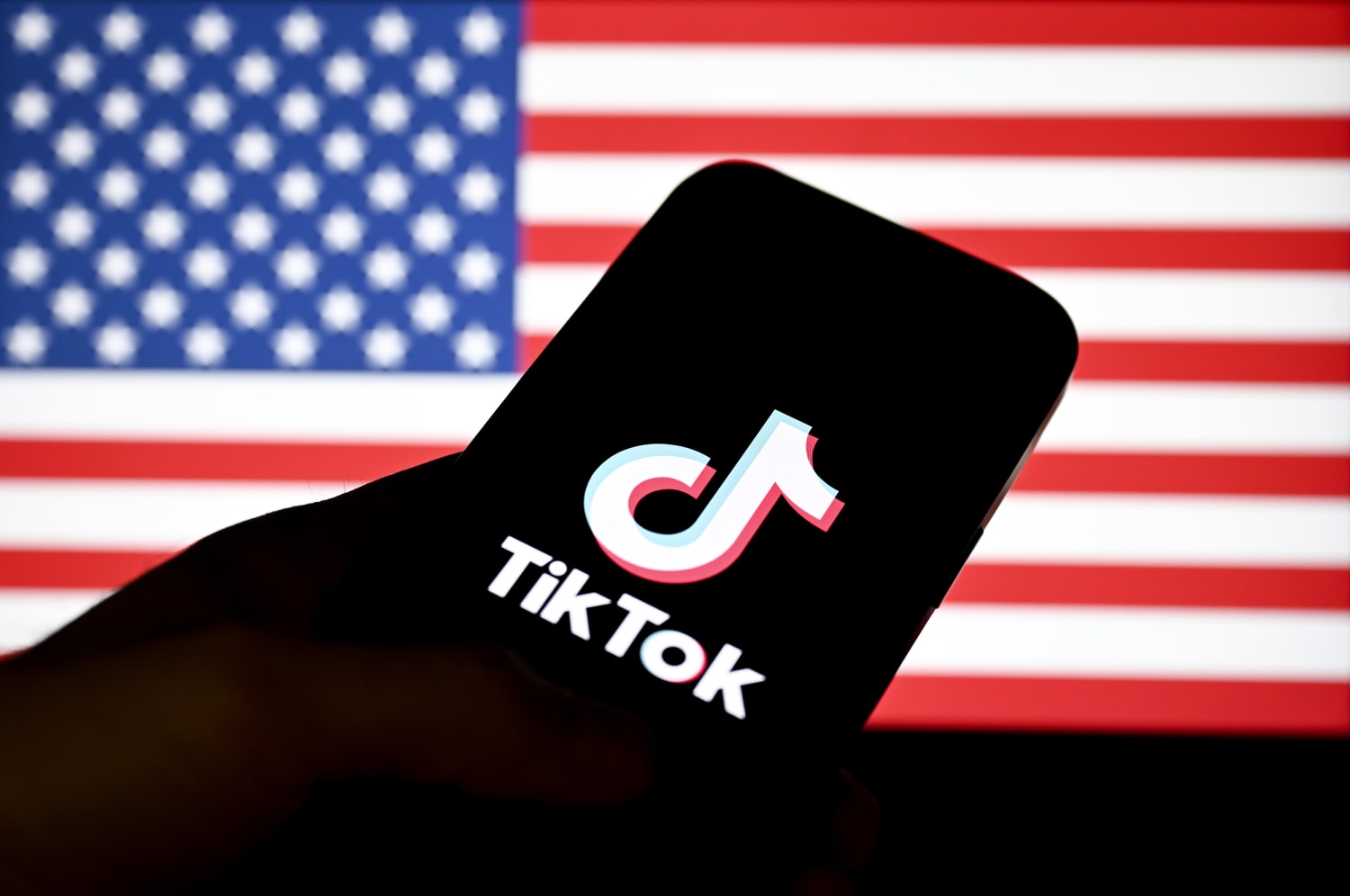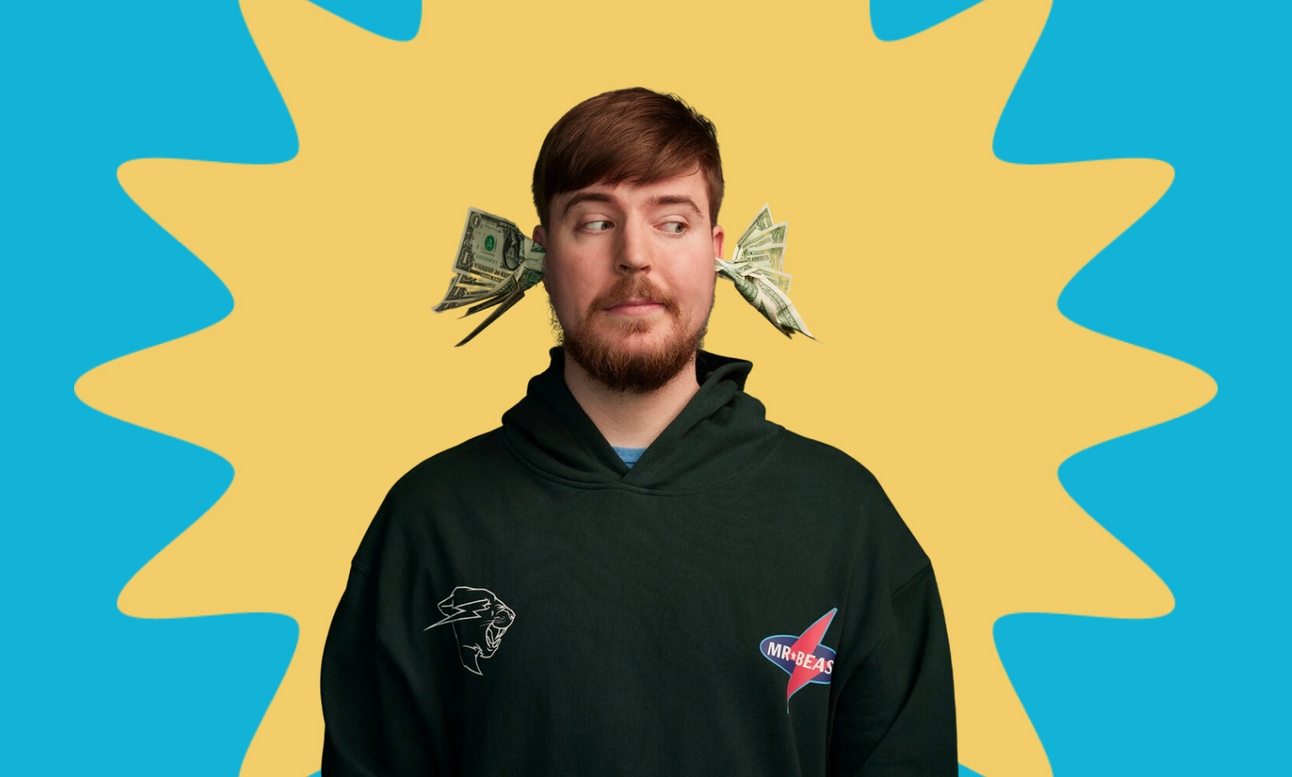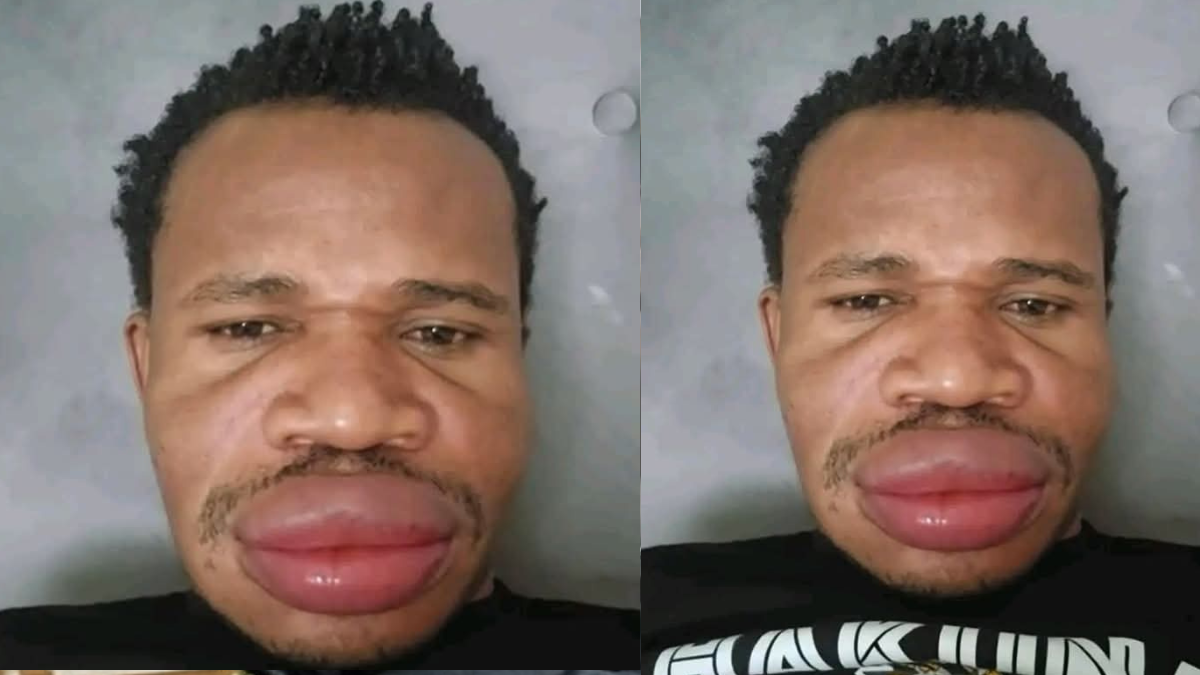Nairobi, Kenya, January 20- TikTok resumed operations in the United States on Sunday after a brief shutdown due to a law banning the app on national security grounds. The platform attributed its return to President-elect Donald Trump, who takes office on Monday, although President Joe Biden’s outgoing administration had previously stated it would not enforce such a ban.
The app went offline late Saturday as ByteDance, TikTok’s Chinese parent company, faced a looming deadline to sell its US operations to non-Chinese buyers. Earlier on Sunday, millions of disheartened users found themselves unable to access the app. Trump announced he would issue an executive order delaying the ban, providing more time to negotiate a sale.
On his Truth Social platform, Trump proposed that the United States acquire a 50% stake in a joint venture with TikTok, predicting the app’s value could rise to “hundreds of billions or even trillions” of dollars. He argued that such a move would ensure TikTok remains “in good hands” while safeguarding its future.
Following Trump’s remarks, TikTok confirmed via a statement on X that it was “restoring service” and thanked him for offering clarity and assurance to service providers who feared penalties. However, the platform did not address Trump’s suggestion for partial US ownership.
The new legislation allows for a 90-day delay of the ban if progress is made toward a feasible agreement, though ByteDance has so far resisted selling its US subsidiary. The Biden administration stated that enforcement of the law would fall to Trump.
TikTok has gained massive popularity across demographics, from teenage dancers to older users sharing recipes. However, its Chinese ownership has fueled security concerns in the US and abroad, and the platform has been criticized for spreading misinformation.
Sunday’s brief blackout followed the US Supreme Court’s decision on Friday to uphold the law banning TikTok, pending any sale. Trump, who had previously pushed ByteDance to divest its US operations during his first term, credited TikTok for helping him connect with younger voters.
Experts suggest that reversing the ban would be challenging unless ByteDance agrees to sell. “Congress wrote this law to be virtually president-proof,” cautioned Adam Kovacevich, CEO of the trade group Chamber of Progress.









